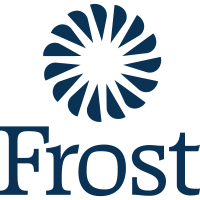Five Financial Lessons to Teach the Next Generation
All parents hope their kids will grow into responsible young adults who manage their money wisely. However, countless students and recent grads often find themselves unprepared for the financial challenges of the real world. Today’s sky-high inflation and housing costs only make matters more difficult, leading many young people to struggle with debt, fall short of their goals, or even move back home.
One of the greatest gifts parents can give their kids is an early education in money management. Introducing them to key financial concepts in their teens will ease their transition to adulthood and set them up for a lifetime of self-sufficiency. Here are five important lessons to teach your children before they move out on their own.
1) Budget for needs and wants. It’s critical that young people know how to set aside money for core expenses like rent, utilities, and groceries before deciding how much they can spend on the fun stuff. Lucky for tech-savvy Gen Zers, today’s smartphone apps make budgeting easier than ever.
2) Build credit while avoiding debt. Using a credit card is a common way for young people to establish a good credit score that will help them qualify for loans at lower interest rates. But it’s also easy to overspend and rack up debt that can haunt them for years. The solution? Teach your kids to charge only what they can pay off every month.
3) Pay yourself first. It’s hard to save for the future when it’s last on your to-do list. The most successful savers take the opposite approach – automatically directing a percentage of every paycheck toward savings and retirement accounts, and spending whatever’s left.
4) Understand insurance. Many young adults stay on their parents’ insurance policies into their early-to-mid 20s, only to face sticker shock and confusion when it’s time to go it alone. Before that happens, help them understand the relationship between premiums and deductibles, how the claims process works and the benefits of working with a strong insurance professional along the way.
5) Stay vigilant. Sadly, identity theft and financial fraud are extremely common threats that can wreak havoc on anyone’s financial well-being. Make sure your children are alert to phishing tactics, electronic payment scams (involving PayPal, Venmo, etc.) and other attempts at fraud.
Would you like more information? Contact Kate at 210.220.5118 or kcrosby@frostbank.com.
Investment and insurance products are not FDIC insured, are not bank guaranteed, and may lose value. Brokerage services offered through Frost Brokerage Services, Inc., Member FINRA/SIPC, and investment advisory services offered through Frost Investment Services, LLC, a registered investment adviser. Both companies are subsidiaries of Frost Bank. Additionally,
Frost Bank
-
Kate Crosby Vice President Frost
- February 21, 2023
- 210.220.5118
- Send Email


